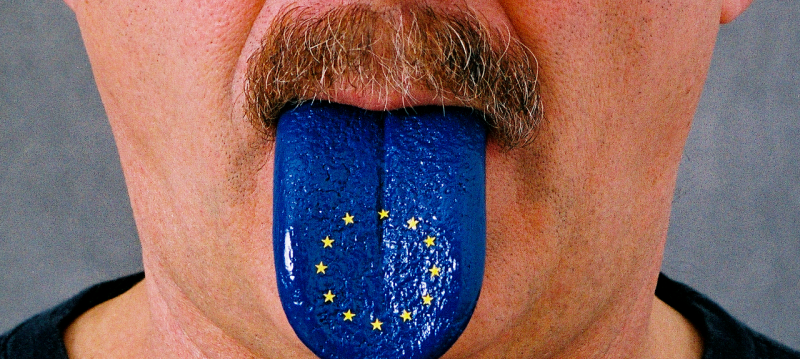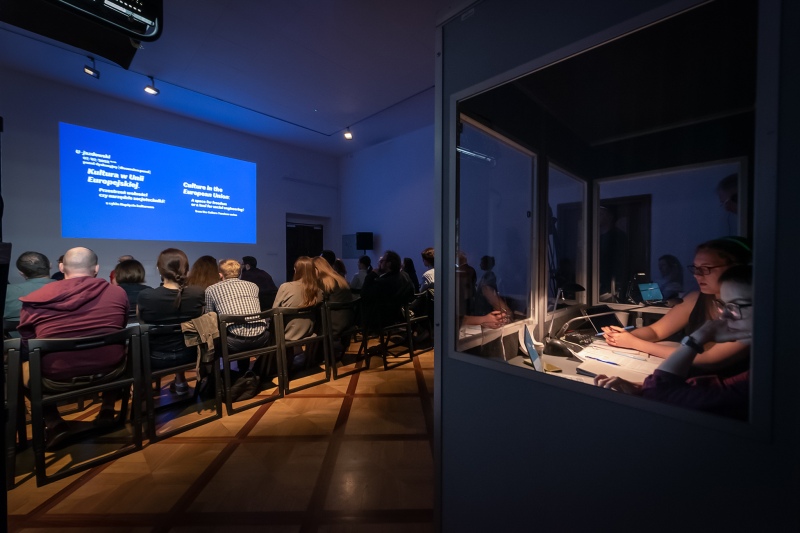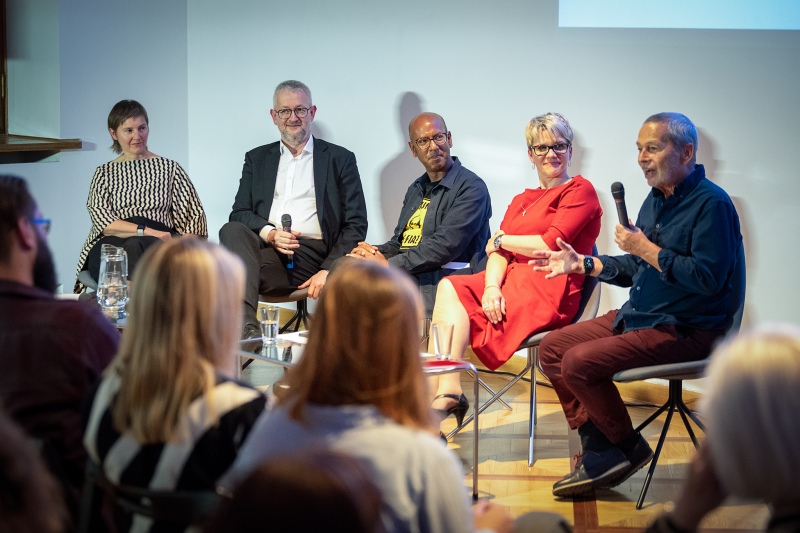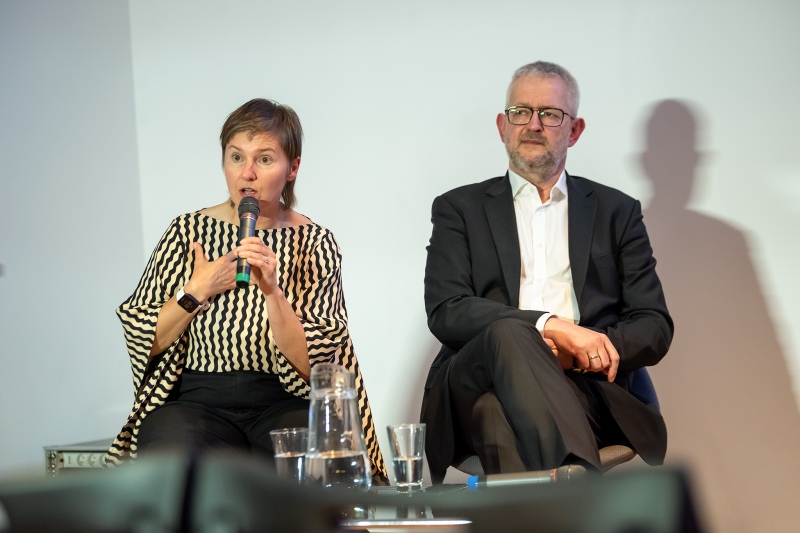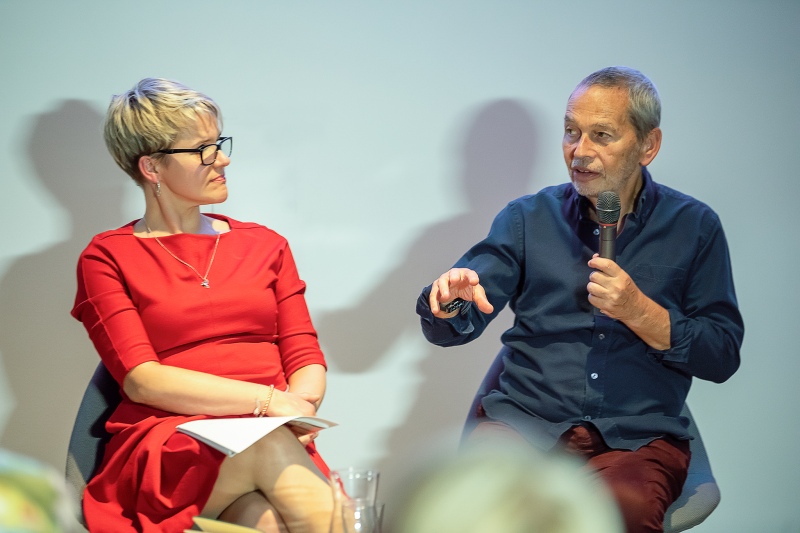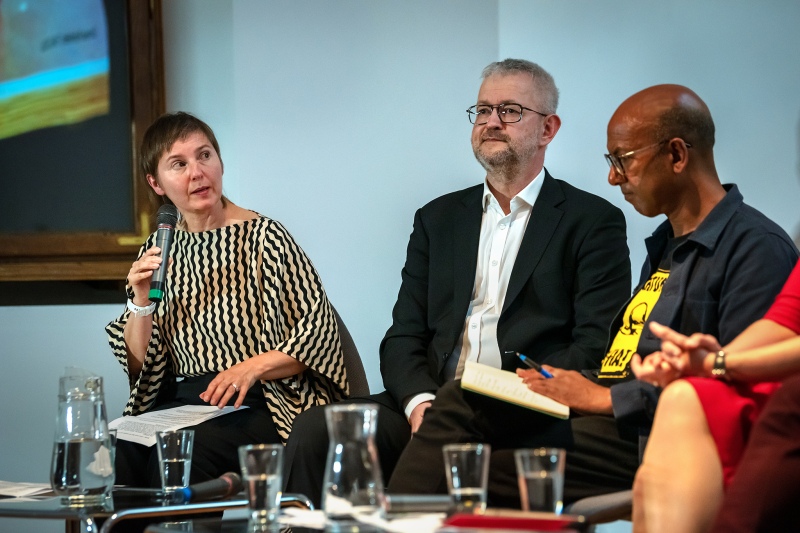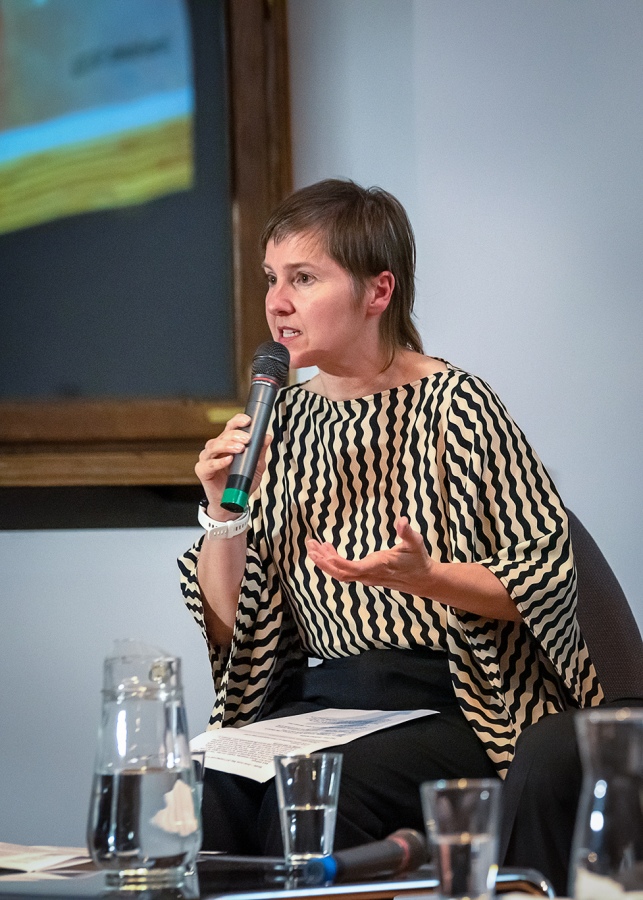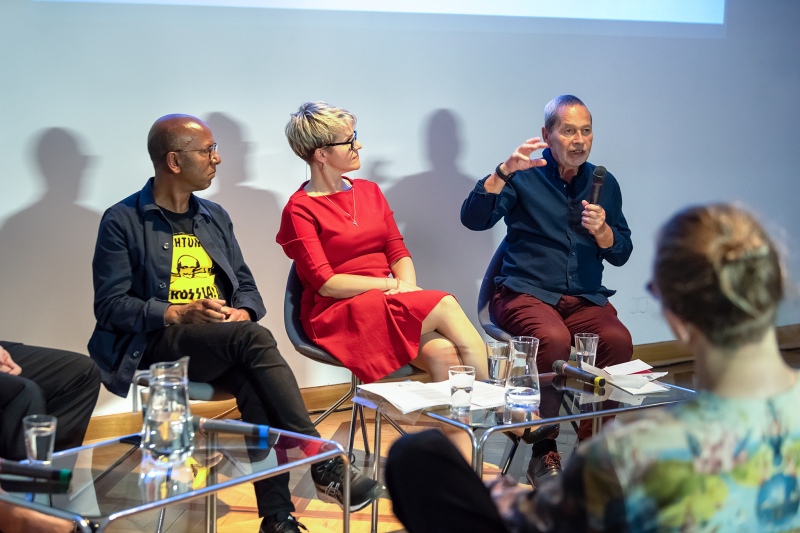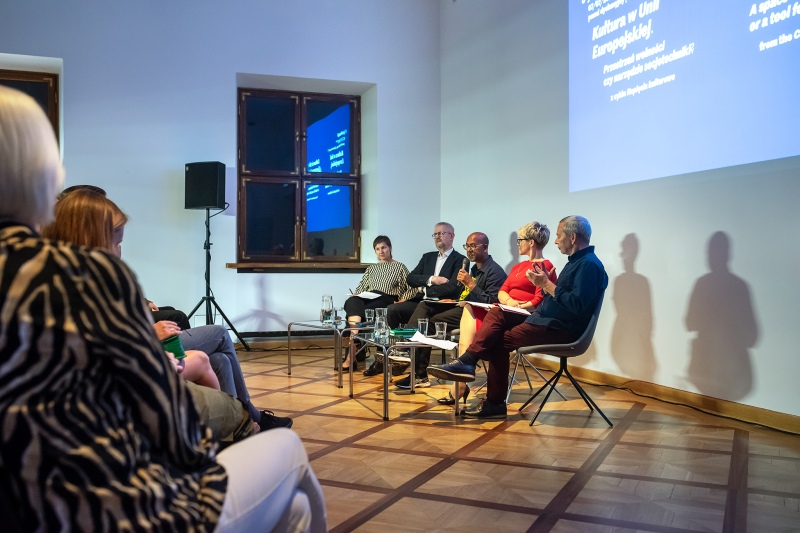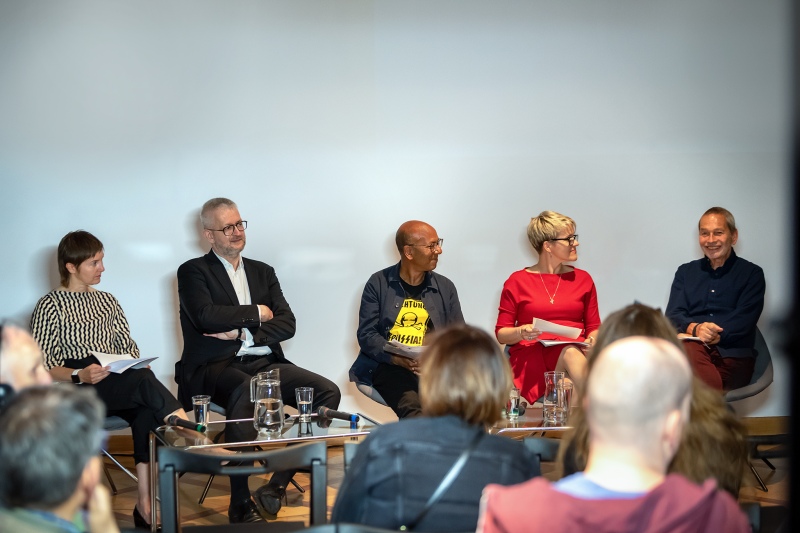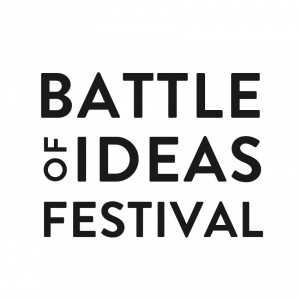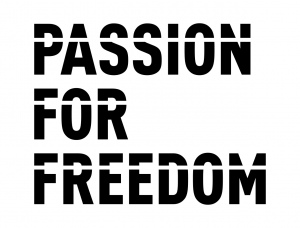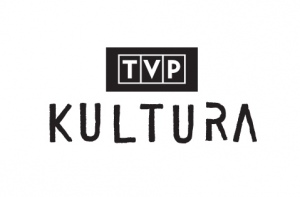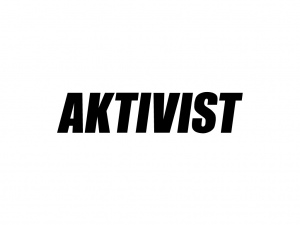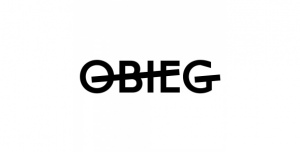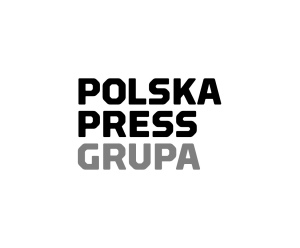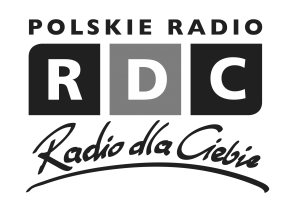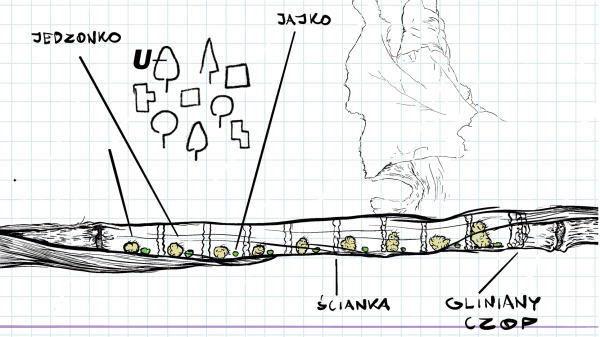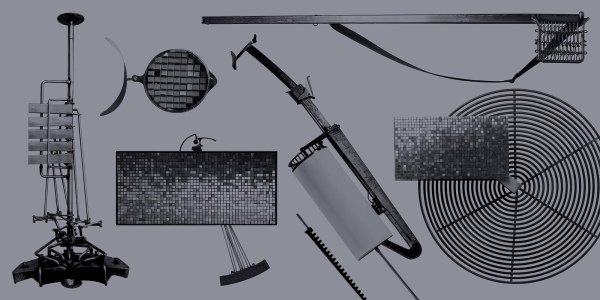Culture in the European Union: a space for freedom or a tool for social engineering?
featuring Frank Furedi, Vicky Richardson and Rafał Ziemkiewicz
Ujazdowski Castle Centre for Contemporary Art invites you to join the fourth discussion within the Culture Tensions series. In this cycle of public conversations with artists, writers, curators, and thinkers we hope to offer fresh, diverse perspectives on the pressing issues of our times. This time we will host Vicky Richardson – architecture critic and curator, Frank Furedi – sociologist and social commentator and Rafał Ziemkiewicz – author and political commentator. What will be the subject of this debate?
The European Union is founded on values of respect for freedom, democracy, equality, respect for human rights, including the rights of persons belonging to minorities. (Article 2).
These are laudable values but the devil is in the detail. The EU’s support for culture is a soft-power vehicle by which the European Commission can deliver priorities such as the European Green Deal and “Promoting our European way of life”.
Meanwhile, the EU punishes Poland for refusing to pay 68 million EUROS for failing to shut down a coal mine, yet coal is of strategic importance to the Polish economy. Climate Change art projects are supported by the EU’s Creative Europe programme, aligning with the Commission’s European Green Deal, which aims to address the “existential threat” of “climate change and environmental degradation” in Europe.
The EU and the cultural projects it funds have a missionary zeal to bring net emissions of greenhouse gases to zero by 2050, while its member states import 40% of its gas from Russia. This is the supranational’s double-speak tactic: climate change art is a camouflage for EU hard politics that will jeopardise Poland’s energy production and potentially the jobs of about 83,000 Polish and Ukrainian coalminers.
Freedom of movement undermines national democracy but for the EU it is a means to address equal rights, whereby no worker is discriminated against irrespective of which EU member state s/he resides. One reason why 52% of British citizens voted to leave EU was to address the fact that prioritising EU migrants for unskilled/semi-skilled work reduced wages for equivalent British citizen workers.
Gender equality is another priority strategy for the European Commission. Equality of opportunity is a key foundation in a democratic society, yet the EU’s strategy pursues “targeted actions” with “intersectionality” as a “horizontal principle for its implementation” that exacerbates divisions rather than uniting people.
The European Union punishes Poland with eye-watering fines and withholds stimulus funding of trillions of Euros for taking independent decisions regarding LGBTIQ-ideology free zones adopted by several Polish regions and municipalities, but it is important to note that homosexuality was legalised in Poland back in 1932.
Soft power tactics bends nation states to submit to a performance of equality and justice, with no regard to each country’s specific characteristics. Does the EU’s culture programme promote equality, justice, freedom and prosperity? Does it promote the best in art and culture from its member states? Or is it a tool for social engineering regardless of artistic or aesthetic quality? With Russian imperial aggression at its doorstep, what can the EU do to promote and instil European values?
Please join our esteemed panel of thinkers to discuss these problematic, tense contradictions.
- Curators
- Manick Govinda
- Agnieszka Kołek
